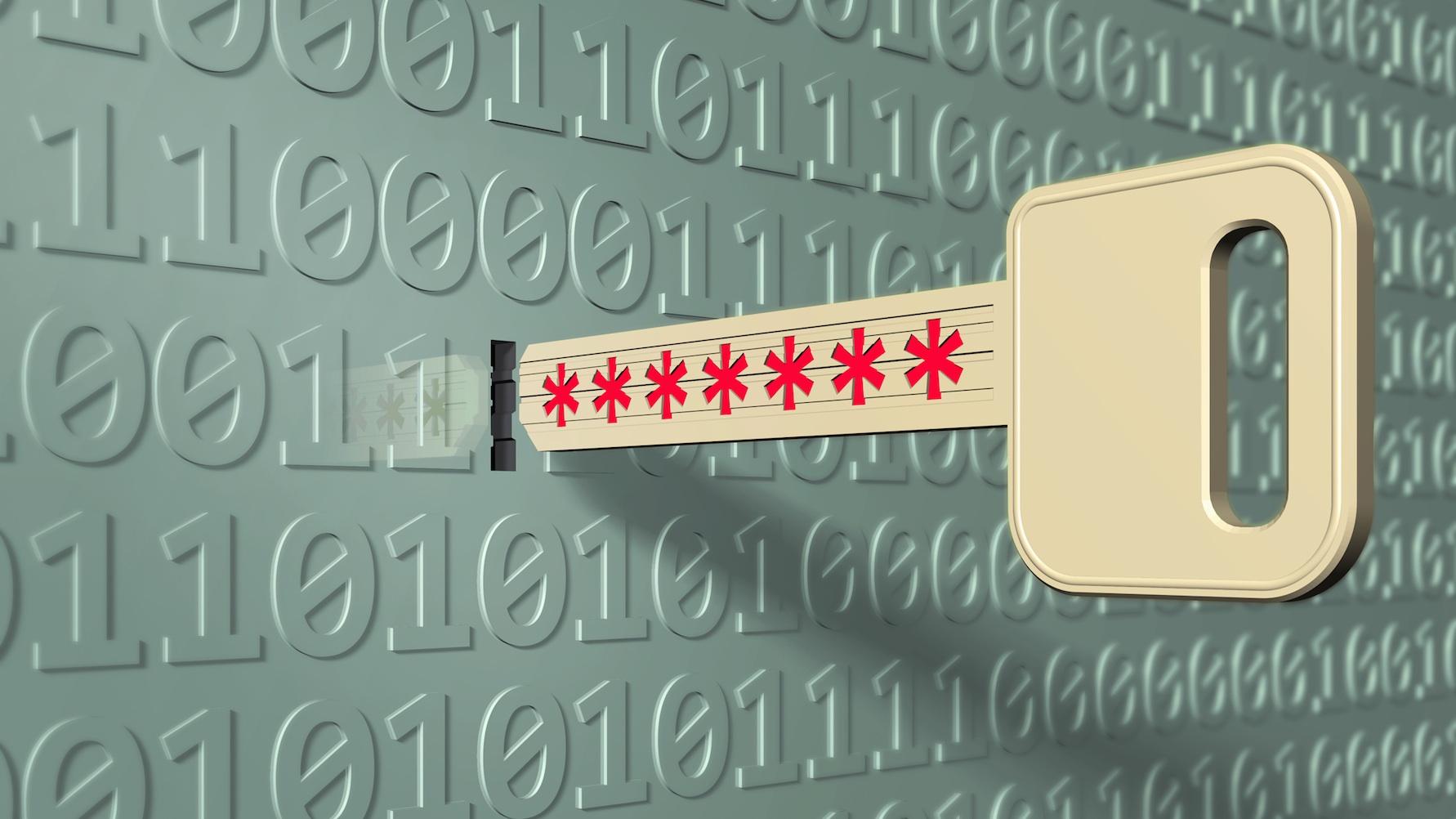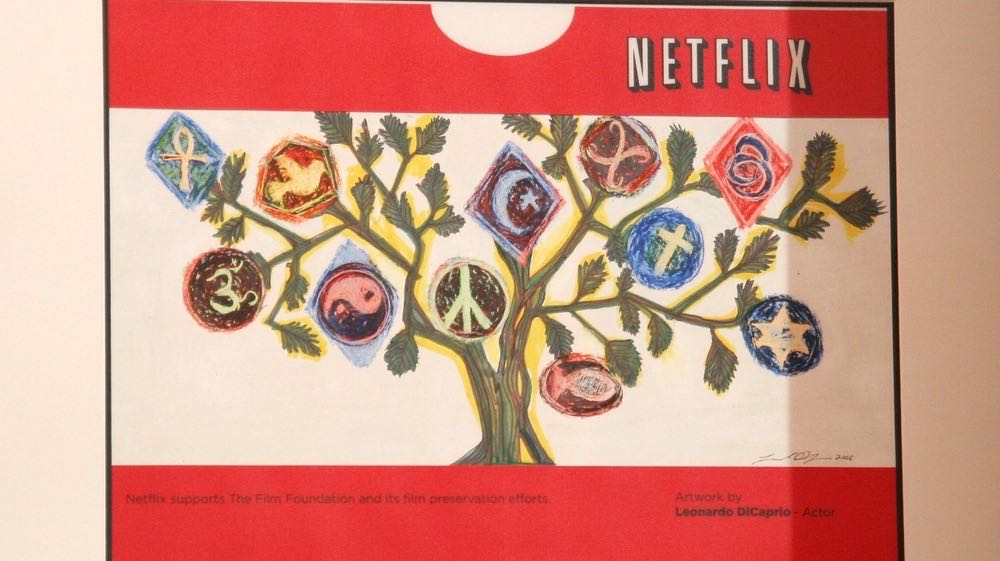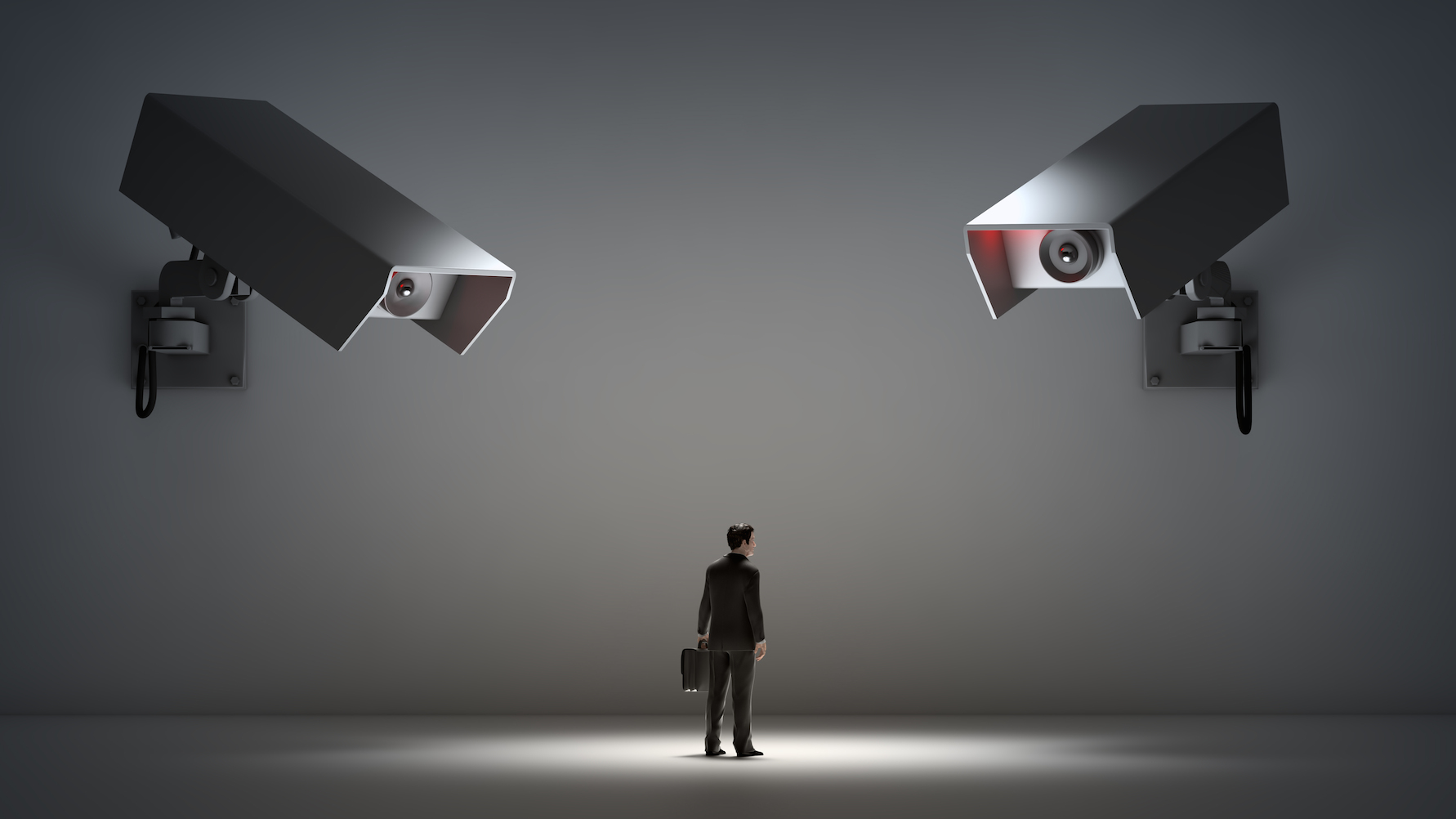For today’s UN International Day of Happiness, NPR traveled to the struggling country of Nepal in order to learn what makes its citizens happy. For many, it’s the little things in life that bring them the most joy.
Search Results
You searched for: Internet
The holidays are about celebrating with family and loved ones. So, during this time do we pocket our devices and untether ourselves from the web? No, data reveals that our internet usage actually spikes.
There is no sense whatsoever that we are on the same page here, working toward some roughly agreed upon vision of a better future.
The internet and its design standards are at odds, according to Daniel Kahn Gillmor, a Technologist for the ACLU. In order to fix it, designers need to implement better security standards for communication.
Is internet access a human right? Even if it’s not now, Nicholas Negroponte says it will be considered as such in due time.
▸
4 min
—
with
“Mansplaining” and “Manspreading,” too, are thriving on the chatterweb. Like “Dadbod,” they satirize a world of ridiculous men who have no idea what’s going on.
Amazon’s fledgling goat-grazing service is only in beta at the moment, but we think this idea’s got legs. Four of them, actually.
Science works through experimentation and replication. Hypotheses are put forward; tests are run; and results are obtained. If something surprising or interesting is found in an experiment, other researchers can […]
Resulting from President Barack Obama’s efforts to normalize diplomatic relations with Cuba, Netflix has made its monthly video-streaming service available on the island for $7.99 per month.
Author and entrepreneur Andrew Keen argues that the free business model employed by Google and Facebook is “the original sin” of the Internet and that it’s corrupted everything around it.
▸
2 min
—
with
What matters more? Money or privacy? For Kansas City residents that have the option to pay a little more for some internet privacy, most have chosen to remain open to targeted ads.
On January 1, 2016, one of the most infamous books of the 20th century — Adolf Hitler’s Mein Kampf — enters public domain and can be published by anyone in Germany for the first time since the end of World War II. Seventy years after the fall of the Nazis, people still debate allowing that particularly evil genii out of the bottle to influence young minds. Others argue that the genii’s been out of the bottle all along, either through underground sources or, more recently, the Internet. More controllable, however, have been the propaganda films of the Nazis, whose chief propagandist, Joseph Goebbels, announced in 1941 that, “Film is our most important medium for propaganda.” Felix Moeller’s new documentary Forbidden Films: The Hidden Legacy of Nazi Film examines this question of allowing new generations to see these banned films and, if so, how to show them without that evil history repeating itself.
Portugal has transformed a fleet of buses and taxis into a portable WiFi net, equipping riders with a free online network for their portable devices.
Everything that makes Twitter great also makes it difficult to monetize. As investors flee, the days may be numbered for the Twitter we know and love.
Irritation is a powerful force. It has the whiff of righteousness.
A psychiatrist has made headlines claiming smartphones are making children “borderline” autistic. Here’s why that’s rubbish:
Personal and professional growth should not be treated as a chore. Instead, derive joy from your betterment efforts by treating them as play.
Only after riders spend $35 on cab fare is it less expensive to take an Uber in New York City, according to researchers at Cambridge University, UK.
Despite the booming use of Internet porn and conversations skeptical of sexual norms pervading popular culture, physical sexuality remains restricted to private life.
Data-driven solutions aren’t going anywhere, but the public’s perception of big data’s value is bound to buckle beneath the weight of unrealistic expectations.
Depending on your perspective, lifehacks are either the lifeblood of simple living or a goofy punchline of DIY culture. What’s undeniable is the money that’s to be made from society’s hunger for easy how-tos.
As our histories and memories move more and more into the digital space, we’re at the mercy of the cloud to maintain our history. So, what happens when the internet gets it wrong and re-works a piece of literature?
A new program out of Washington DC’s Public Library will attempt to answer some of the most important questions about personal privacy and security in America today, as well as show people how to use Tor.
The internet of everything is posing to take over our homes and personal lives, allowing use to control and track our lives with ease. But what these devices could say about us, if taken out of context, could be misleading.
Given only their credit card numbers, a group from MIT was able to uncover the identities of 90 percent of 1.1 million people.
Now that New Horizons has flown by the Plutonian system, can it be considered a planet after all? “Words are the source of misunderstandings.” –Antoine de Saint-Exupéry Back in 1930, […]
Psychologists who were becoming bored with the internet by the late ’90s only had to wait a few more years before the ultimate Petri dish of human thought and behavior emerged.
The degree to which the online abuse occurs could necessitate anything from a simple Facebook block to, in more dire cases, a call to the police.
The success of a decades-long attempt to boost female achievement has revealed a troubling new gender gap: the rise of the unskilled, underemployed male.
“Unplugging digitally” was a top 3 New Year’s resolution this year as thousands seek to distance themselves from their devices. A new study suggests gadgetry isn’t as stress-inducing as we think.




























